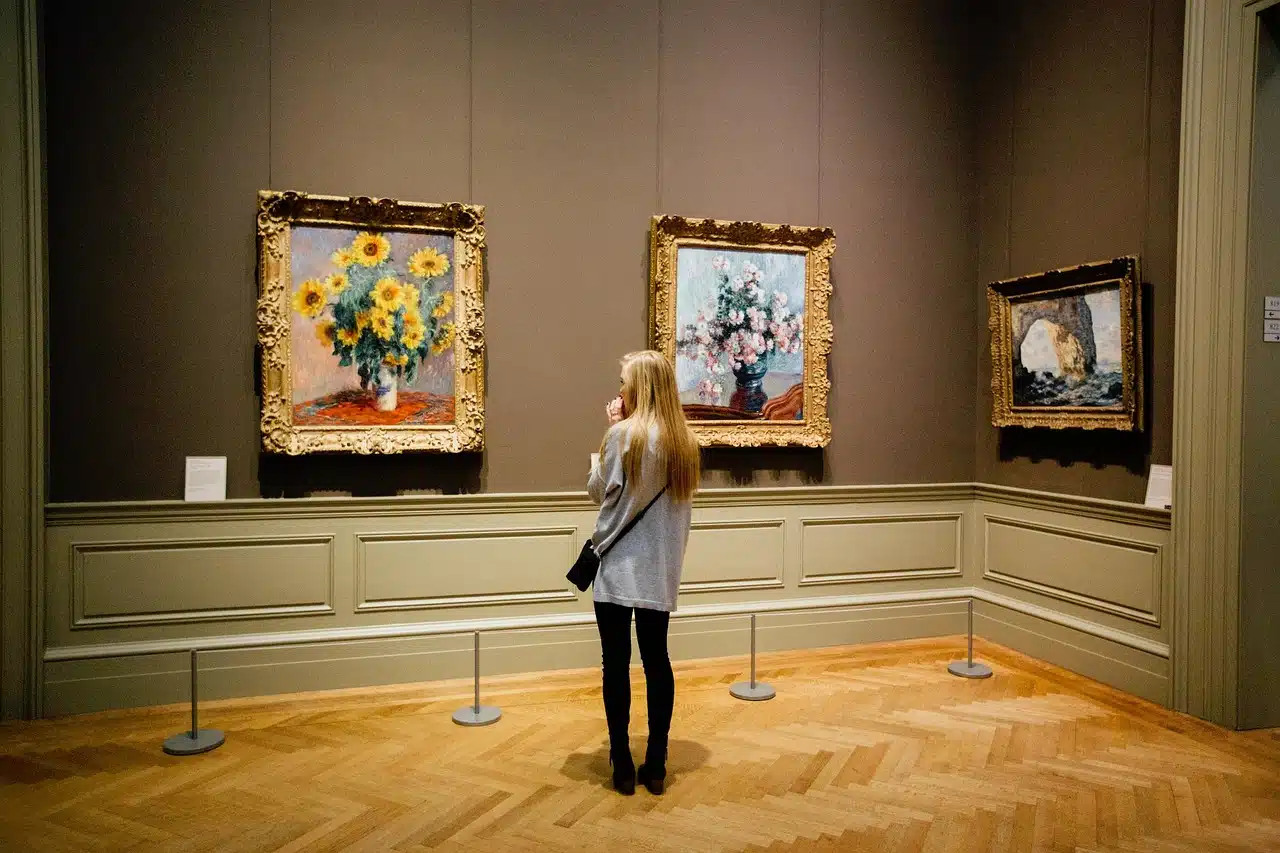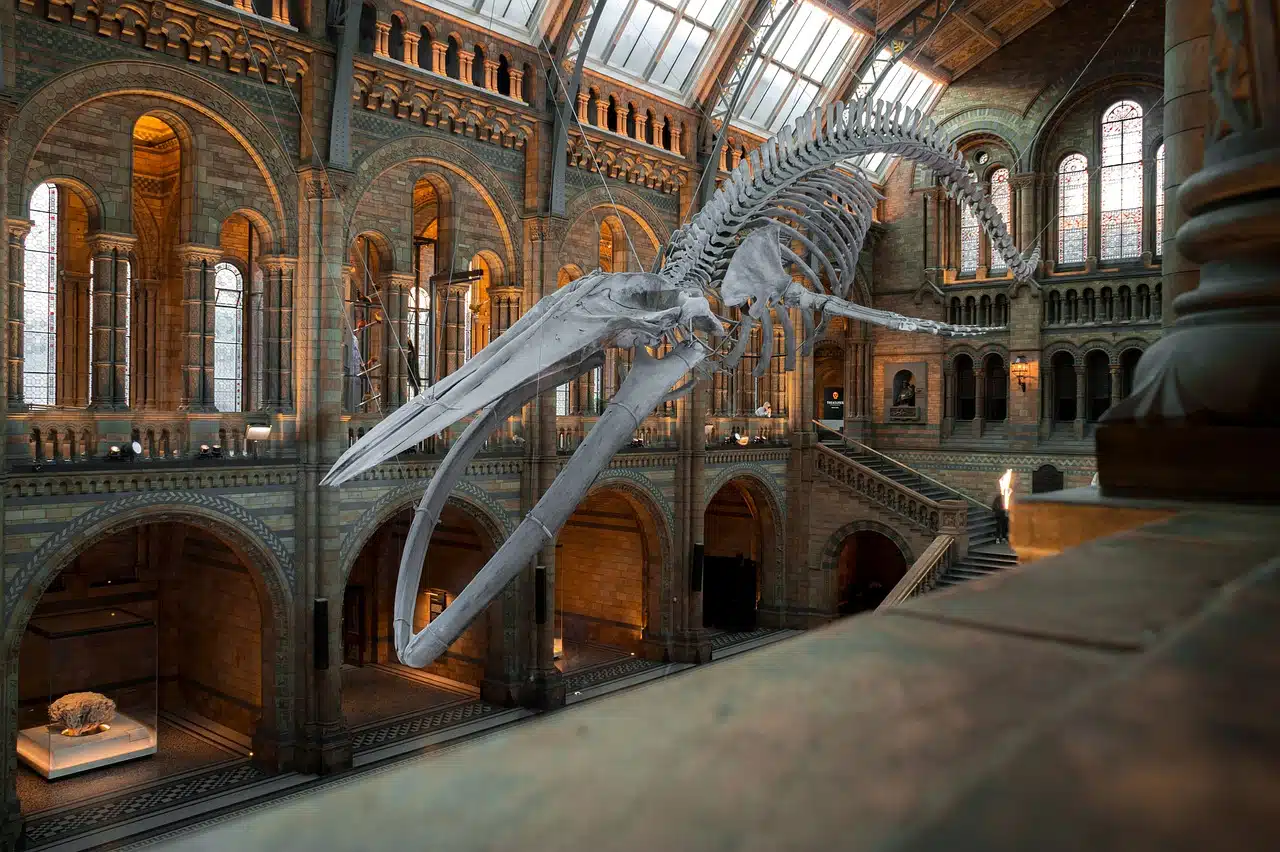
Museology is the science focused on museums.
The science focused on museums is known as museology . A museum , meanwhile, is an institution that is dedicated to preserving, studying and exhibiting objects that are considered of artistic, cultural, natural or historical interest .
Study of museums
Museology is the study of museums . In a broader sense, the term refers to what concerns these spaces. Museology analyzes the history of museums, the resources they use to catalog pieces and the techniques applied to guarantee their conservation . It also investigates the influence that these entities have on the community.
Among the functions of museology are critical reflection and theorizing about the museum field. It is an applied science whose professionals have the technical knowledge to manage collections efficiently.
Goals
The objectives of museology, as a discipline that studies museums as a whole, are diverse and cover different aspects related to the management and function of these institutions . Below we present some of the main objectives of museology:
- research and knowledge : museology seeks to investigate and understand the origin, evolution, typology and functions of museums in different historical and cultural contexts. Through research , we seek to generate knowledge about museums and their impact on society;
- Conservation and preservation of heritage : One of the key objectives of museology is to ensure the proper conservation and preservation of the cultural and artistic heritage that museums house. This involves the implementation of preventive conservation, restoration and documentation practices to ensure the long-term protection of the collections;
- education and dissemination of heritage : museology promotes the educational function of museums and seeks to develop strategies and programs that allow effective communication with the public. The goal is to provide enriching and accessible educational experiences that encourage learning, heritage appreciation and active visitor participation;
- accessibility and inclusion – Museology is concerned with ensuring that museums are accessible and inclusive spaces for all individuals, regardless of ethnicity, gender, age, physical or cognitive abilities. It seeks to eliminate barriers and develop practices that promote the participation and equal enjoyment of visitors;
- museum policy development and ethics : museology is concerned with the development and promotion of museum policies that regulate the management and operation of museums. This includes aspects such as collection acquisition, provenance and repatriation of objects, copyright management, ethics in research and exhibition, and compliance with professional standards.
Bachelor's degree in museology
The degree in museology is the academic career that trains these specialists, interested in natural and cultural heritage. This science allows, when examining museum objects, to integrate them into sociological processes and explain their relationship with society .
It is common for a graduate in museology, known as a museologist , to work in collaboration with experts in computer science and communication sciences . In this way, the digitalization of museums can be developed, they become multimedia institutions and their collection is brought closer to the population.

Museology seeks to ensure that museums are accessible and inclusive spaces.
Differences with museography
It is important to mention that the concept of museology is similar to the notion of museography . However, museography specifically refers to the practices, processes and methods associated with the operation of museums.
With respect to its disciplinary approach , museography focuses specifically on the design and presentation of exhibitions in museums. Unlike the main objective of museology, mentioned above, museography seeks to create meaningful and attractive experiences for the public through the presentation and display of objects in exhibitions. Finally, we can say that museography does not deal with such deep issues, but rather focuses on more practical and concrete aspects related to spatial organization, visual design and the arrangement of objects in exhibitions.
